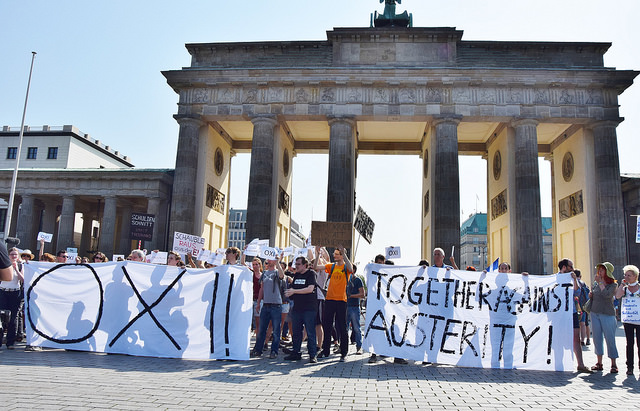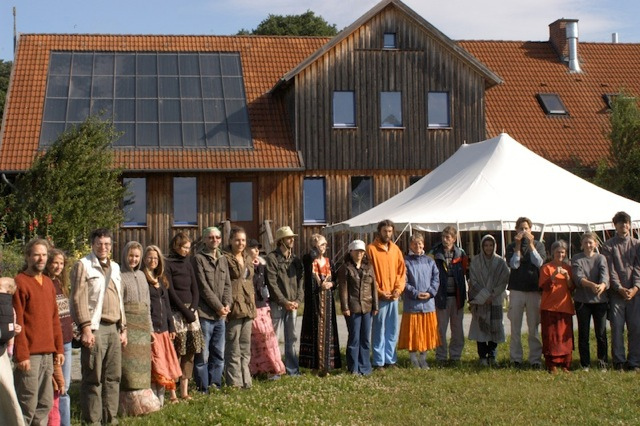By Chris Ward
Despite attending the conference, not everyone will fully understand what ‘Degrowth’ is, or the multitude of related terms that will be mentioned during the conference. Thankfully the first session on the schedule, offered by Federico Demaria and Giacomo D´Alisa was ideally suited for getting your knowledge up to scratch.
Judging by audience responses to the question “What is Degrowth?” there isn’t a concrete definition yet, but one is needed to make the term more understandable to the wider world. Currently ‘Degrowth’ is more of an intersection of several concepts, we need to be clearer with our vocabulary to emphasise ‘different’, not ‘less’.
‘Degrowth’ was first mentioned as a term by Gorz and later by Roegen and Grinevald in the 1970s
Degrowth lost some interest in 80s and 90s due to the prevailing neo-liberal thoughts of the era. It re-entered the public’s interest in the 00s especially around Europe and Latin America in some of the more traditionally activist countries and those worst hit by the Global Financial crisis.
Leipzig is 4th international conference on Degrowth, and now the term is being mentioned in mainstream media, academic courses and articles.
Let’s break apart the vocabulary apart a little…
The Limits of Growth
There is a wide range of emancipatory alternatives working towards a social-ecological transformation. It is more important than ever to underline this. From Brexit, to the AfD (Alternative für Deutschland) in Germany, to Trump —the current political turmoil is a clear sign of the discontent that exists with the prevailing system, and that expresses itself through a societal shift towards t...

By Nina Treu According to recent calculations by the Macroeconomic Policy Institute the Euro-crisis has cost Greece almost a quarter of its GDP. This is the biggest ever recorded contraction of an economy in times of peace. It would be cynical to consider this an example for degrowth (or postgrowth) in Europe. This is certainly not the case. On the contrary, the mission statement of the degrow...

By Jasmin Wiefek and Bernd Sommer “Wrong life cannot be lived rightly”: This famous dictum by Theodor W. Adorno1 highlights the difficulty of finding a way to individually pursue a good life in a world that is characterised by inequality, exploitation and various forms of domination. However, this question has so far mainly been dealt with [...]